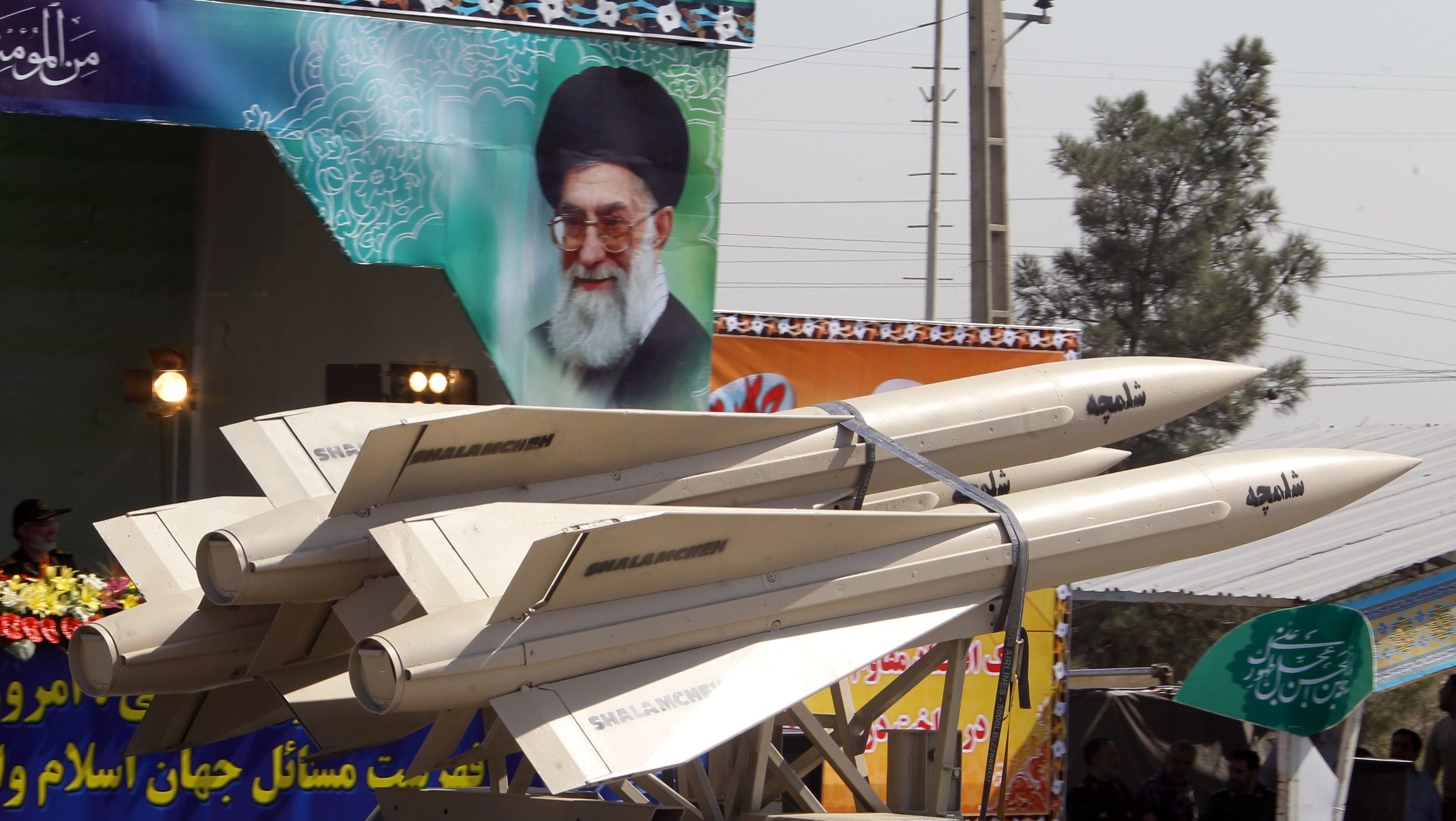Iran's Direct Strikes On Israel: A Historical Shift
For decades, the simmering animosity between Iran and Israel has largely played out in the shadows, characterized by a complex web of clandestine operations, proxy conflicts, and covert strikes. However, a significant shift occurred recently, bringing the long-standing "shadow war" into the stark light of direct confrontation. This pivotal moment has led many to ask: has Iran ever attacked Israel in the past in a direct military capacity? The answer, until very recently, was predominantly no, with Tehran preferring to operate through its extensive network of proxies.
The recent dramatic aerial assault launched by Iran against Israel marked an unprecedented turning point, signaling a new, more volatile chapter in their deeply entrenched rivalry. This article delves into the intricate history of their conflict, examining the nature of past engagements, the strategic evolution of their hostilities, and the implications of Iran's decision to launch a direct military assault on Israeli soil for the very first time. We will explore the decades of indirect warfare, the critical events that led to this escalation, and what the future might hold for this dangerous regional dynamic.
Table of Contents
- The Long Shadow War: Decades of Clandestine Conflict
- The Turning Point: Iran's First Direct Assault
- Israel's Retaliation and Escalation
- The Nuclear Dimension: A Constant Source of Tension
- Historical Context: From Allies to Adversaries
- The Role of Hamas and Regional Proxies
- The Future of the Conflict: A Dangerous Competition
The Long Shadow War: Decades of Clandestine Conflict
For many years, the question of has Iran ever attacked Israel in the past directly would have been met with a nuanced answer. While overt military engagement was absent, a persistent and pervasive "shadow war" has defined the relationship between these two regional powers. This conflict has unfolded across the Middle East, characterized by a long history of clandestine attacks by land, sea, air, and cyberspace. Tehran, in particular, has consistently opted for an indirect approach, leveraging its network of proxies to project power and strike at Israeli interests without triggering a full-scale conventional war. This strategy has allowed Iran to maintain a degree of plausible deniability while still exerting significant pressure on Israel and its allies. The nature of these engagements often made it difficult to definitively attribute responsibility, contributing to the "shadowy" aspect of the conflict.
This decades-long engagement has seen both nations employing sophisticated intelligence operations, sabotage, and targeted assassinations. Israel, for its part, has often responded with its own covert actions, particularly against Iran's nuclear program, which it views as an existential threat. The absence of direct, state-on-state military confrontation has historically been a defining characteristic, with both sides seemingly preferring to operate within these grey zones to avoid an all-out regional conflagration. However, the very nature of a shadow war means that the lines between what constitutes an "attack" can be blurred, encompassing everything from cyber espionage to support for armed groups.
Proxies: Iran's Preferred Modus Operandi
A central tenet of Iran's foreign policy and its strategy against Israel has been the extensive use of foreign proxies. Rather than directly confronting Israel, Iran has largely used these allied groups to strike Israeli interests. These proxies include powerful non-state actors like Hezbollah in Lebanon, various Shiite militias in Iraq and Syria, and Palestinian groups such as Hamas and Palestinian Islamic Jihad. By arming, funding, and training these groups, Iran has been able to create a significant deterrent and project its influence across the region, effectively encircling Israel with hostile forces. This strategy allows Iran to deny direct involvement in attacks, even when the links are clear, thereby managing the risk of direct retaliation.
The activities of these proxies have ranged from rocket attacks on Israeli towns to more sophisticated cross-border incursions. For instance, Hamas's brazen attack on Israel on October 7, 2023, while not directly launched by Iran, certainly aligns with Iran's broader strategic goals and its support for Palestinian resistance groups. After Israel’s bombardment of Gaza began in response to the October 7 attack, the regional tensions, fueled by these proxy networks, escalated significantly. The ongoing conflict in Gaza has further highlighted the intricate web of relationships between Iran and its proxies, and how these groups effectively serve as an extension of Iran's military and political reach, continuously posing the question of has Iran ever attacked Israel in the past through these indirect means.
Cyber Warfare and Covert Operations
Beyond conventional military proxies, the shadow war between Iran and Israel has also extensively utilized the domains of cyber warfare
- Mothers Day In Iran
- Religious Leader In Iran
- Israel Iran Breaking News
- Pink Mosque Iran
- Irans Population

Iran shows off new deadly missile with 'death to Israel' written on it
U.S. spy satellites likely gave early warning of Iran attack on Israel

Israel issues warning on report on Iran bomb